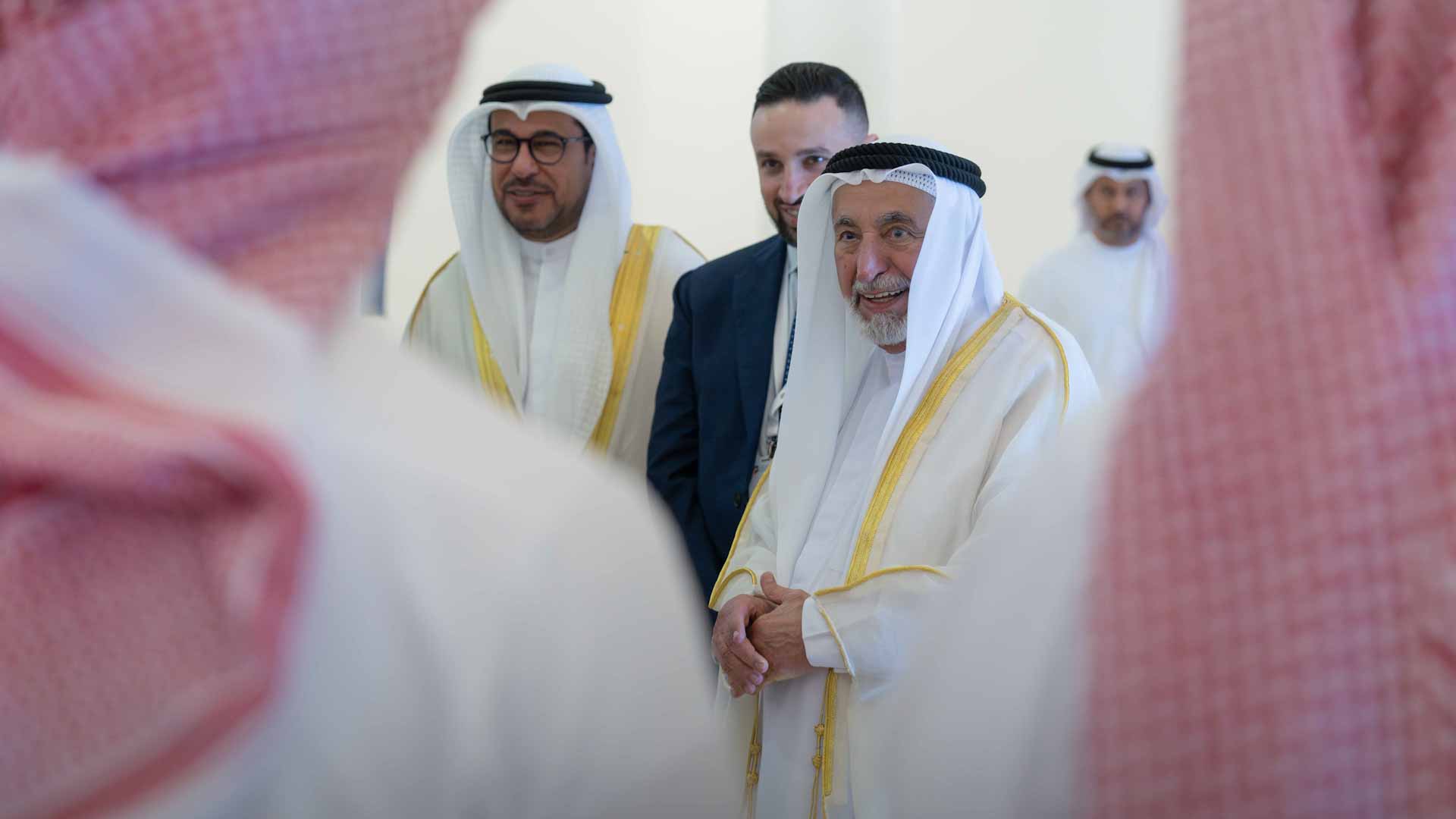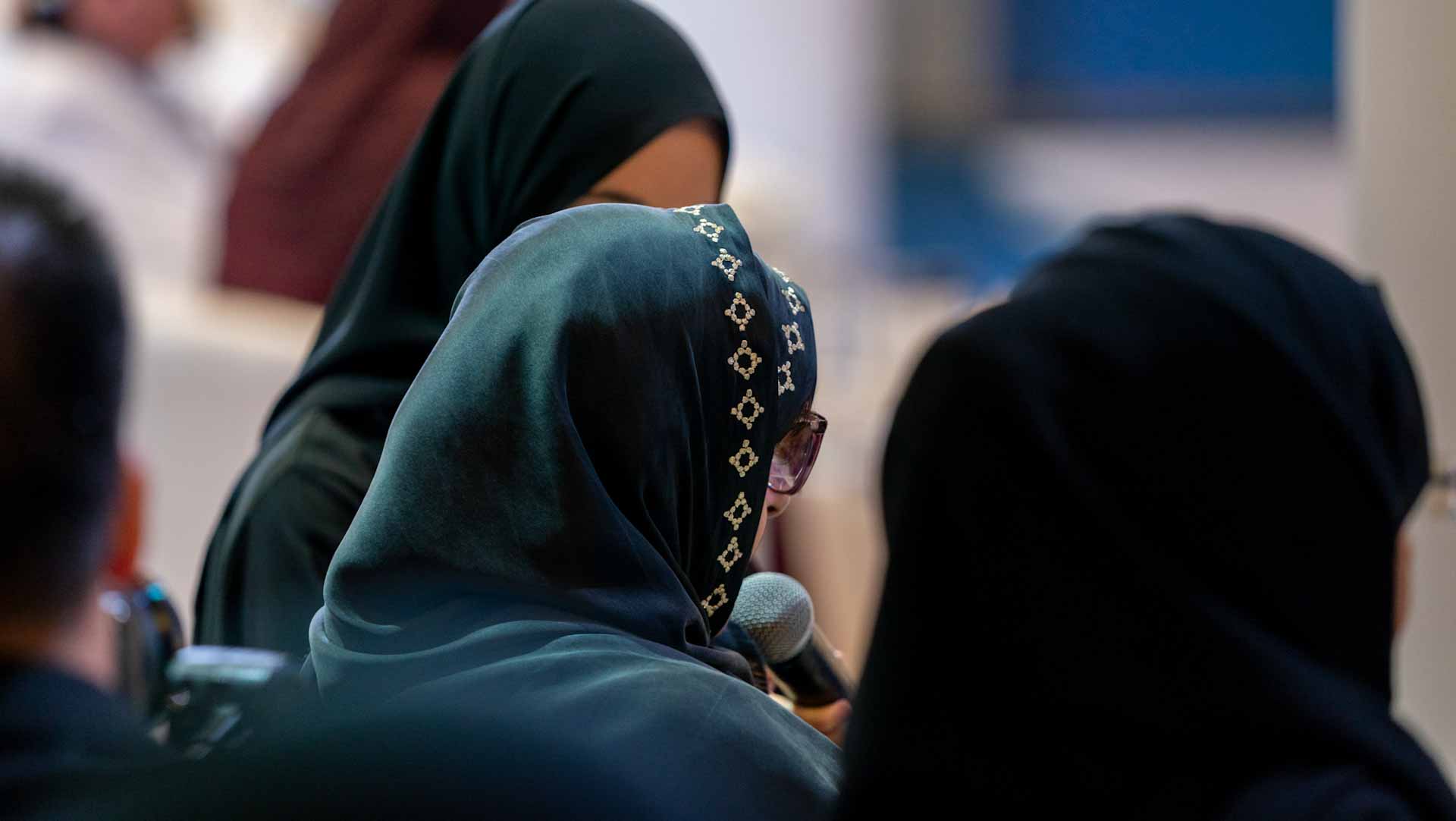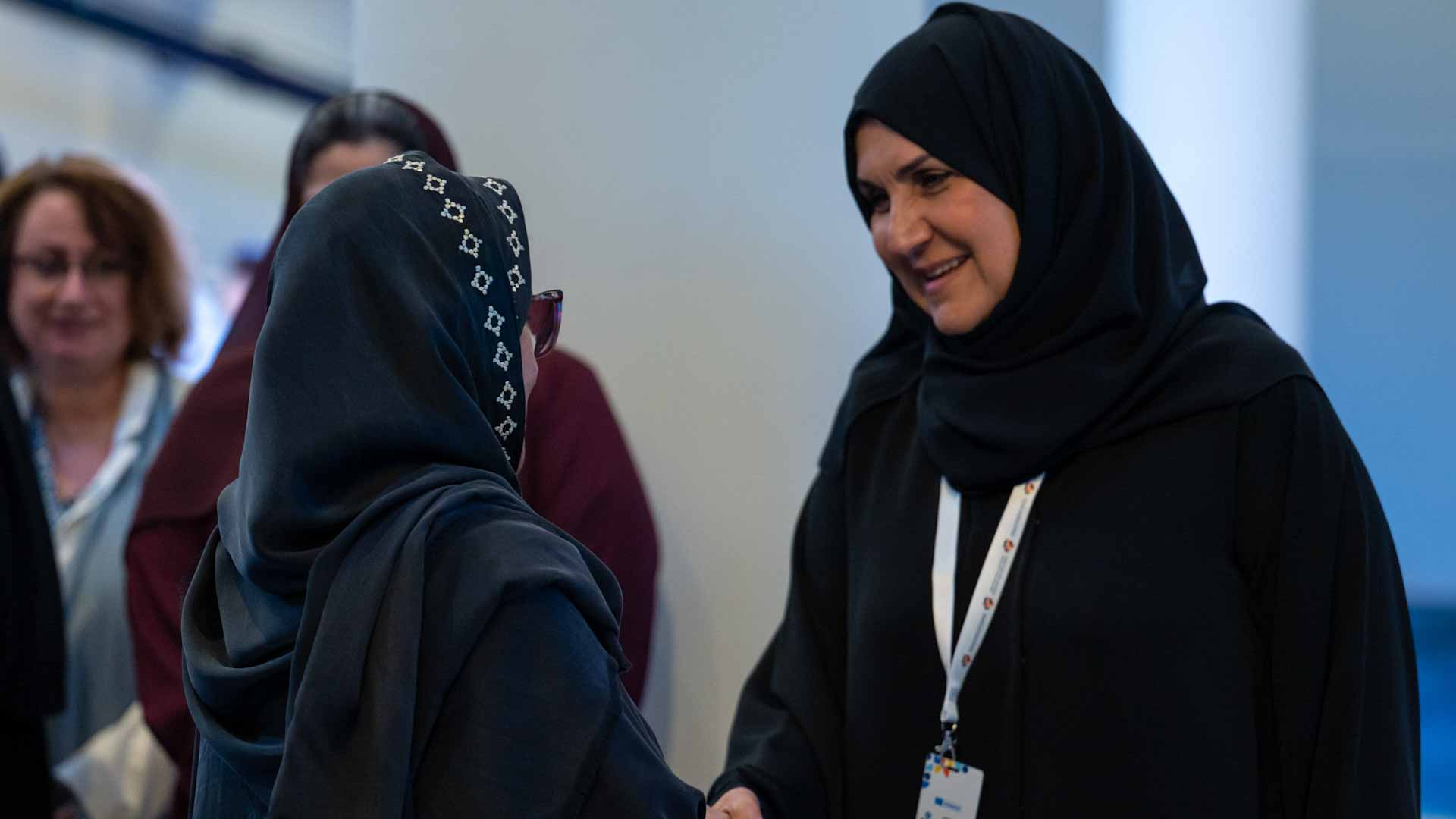Costanza Farina, Director of the UNESCO Regional Bureau for Arab States, expressed thanks for Sharjah Ruler's steadfast support for childhood development projects.
She commended Sheikha Jawaher bint Mohammed Al Qasimi, wife of Sharjah's Ruler and Chairperson of the Supreme Council for Family Affairs (SCFA), for her efforts in assisting children in different parts of their lives.
Farina also emphasised the conference's aims of addressing early childhood education, establishing future policies, and underscoring the value of early life in creating people. She stressed the need for raising awareness, providing assistance, and addressing obstacles in this profession.
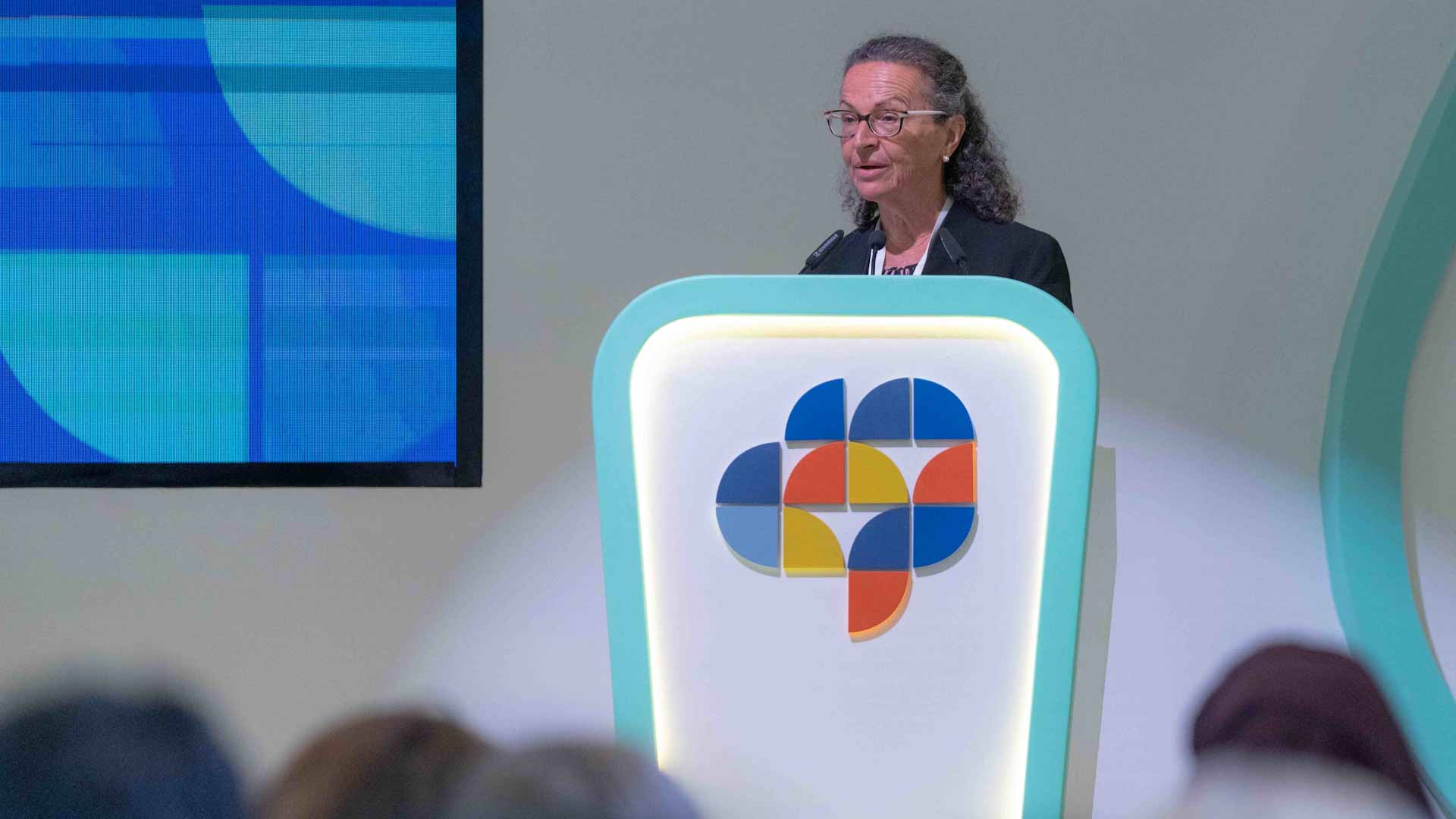

The UAE Minister of Early Education, Sara Awad Musallam, spoke on the necessity of investing in early education. She emphasised the UAE's efforts to provide a safe environment for children by utilising cutting-edge technology and integrated teaching approaches.
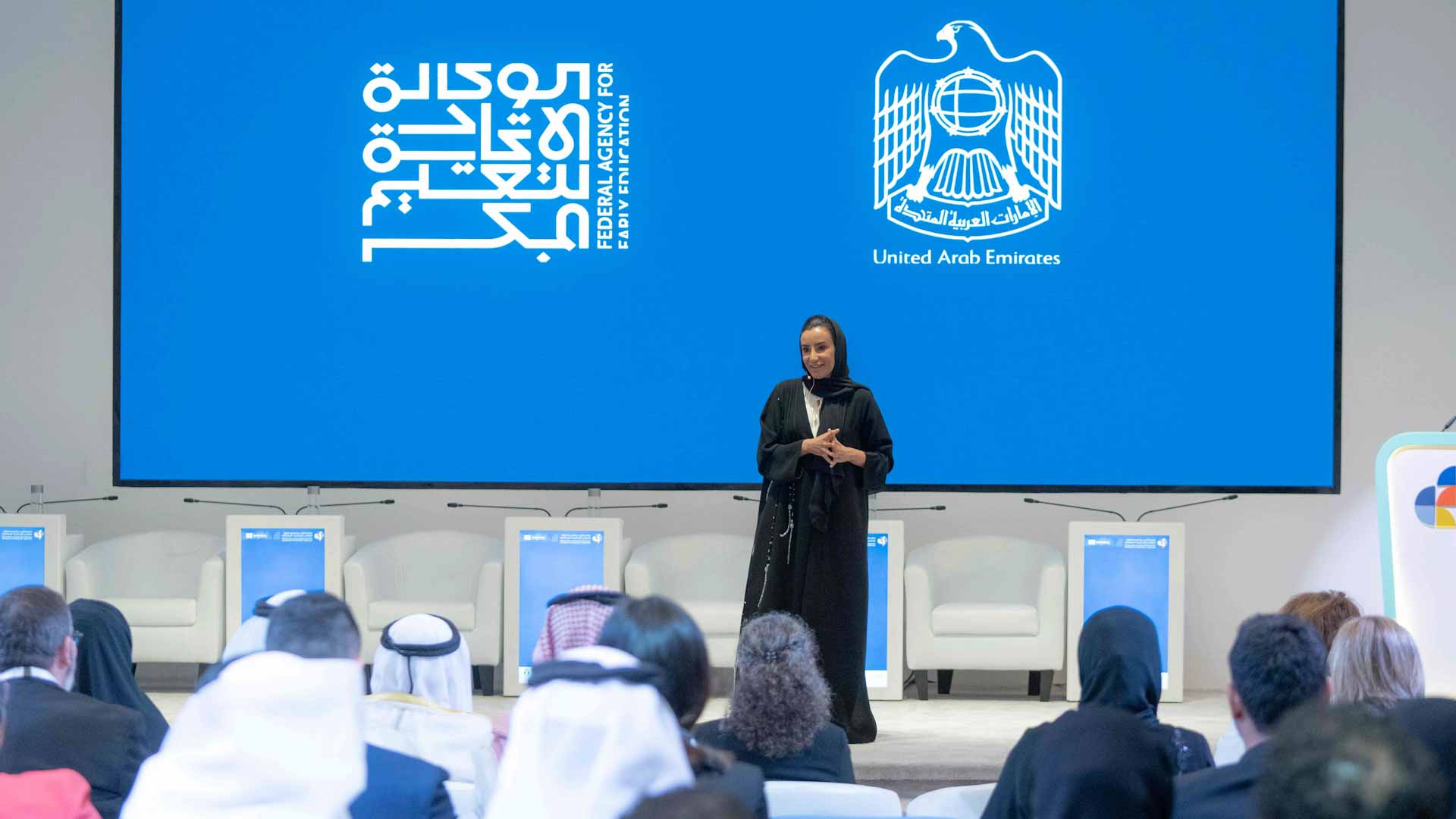
Over 500,000 children under the age of four live in the UAE, necessitating the construction of an early education ecosystem. Musallam expressed her gratitude to Sharjah for holding this conference to unite efforts and share information in order to increase investment in early education.
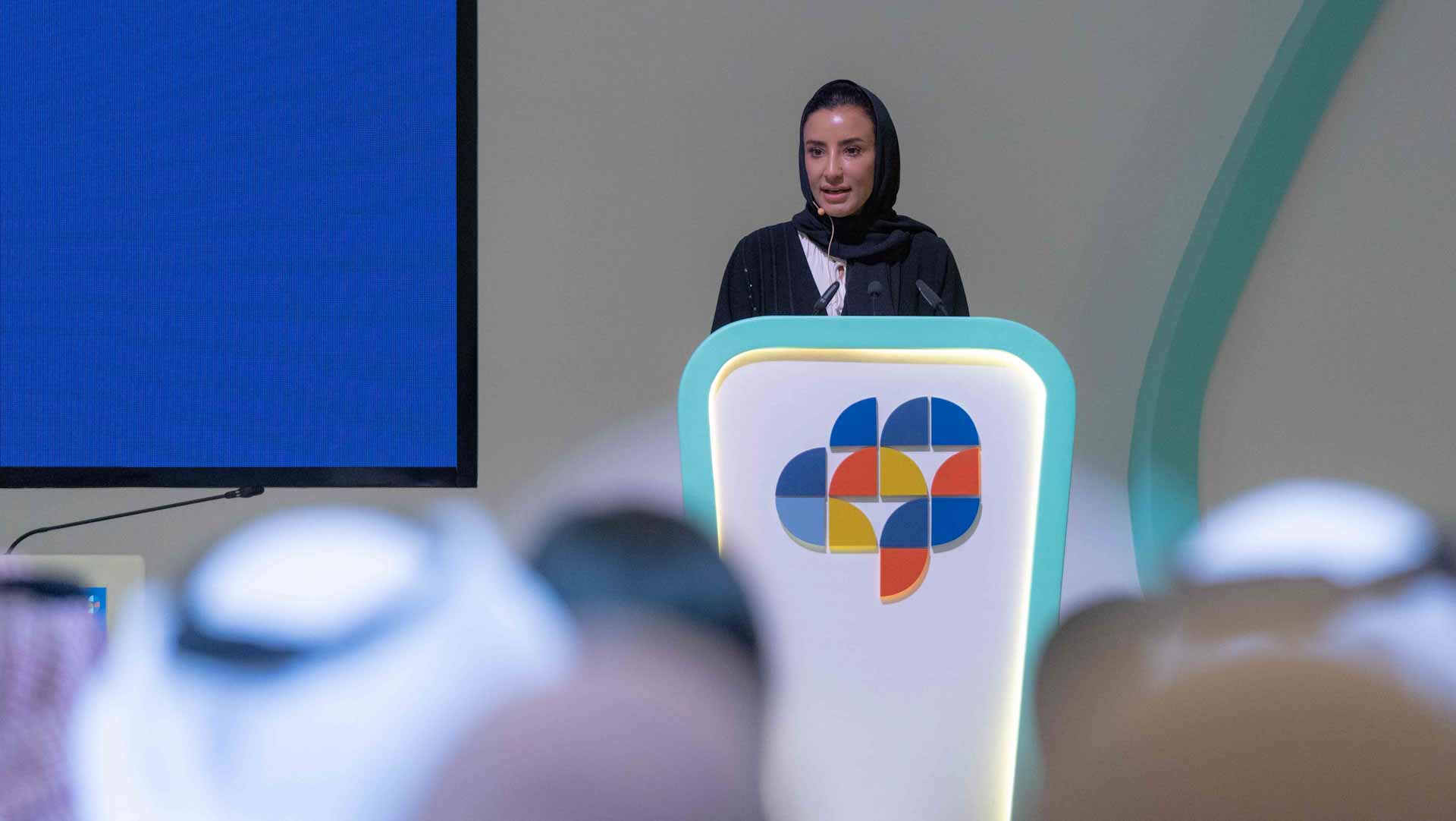
Dr. Khawla Abdul Rahman Al-Mulla, Chairperson of Sharjah's Family Affairs Authority, emphasised Arab countries' joint commitment to ensuring every child's right to good care and education from birth. She lauded Sharjah's proactive vision of prioritising children in all strategic objectives, as well as Sharjah's achievements in the field of child development.

She concluded her remarks by expressing her hope that the Sharjah strategic conference will contribute to knowledge exchange and the development of a plan for early childhood care and education in the Arab region by 2030.

Maysoun Chehab, Education Programme Specialist at the UNESCO Regional Bureau in Beirut, talked about the UNESCO regional study on early childhood care and education in Arab countries. She emphasised the problems that Arab nations have encountered over the last decade, including conflicts, displacement, natural catastrophes, and the COVID-19 pandemic, and she complimented the efforts made by several Arab countries to improve and broaden the breadth of early childhood care and education.

She ended by referring to the report's suggestions for strengthening early childhood services, which include government backing, investment in quality, and an emphasis on educational components.
Dr. Ruqia Diawara, the education specialist at the UNESCO office in France, discussed the Tashkent Declaration, which emphasises the commitment to transform early childhood care and education over the next ten years. It outlines four main policy areas: providing equal and inclusive access, supporting professionals, fostering innovation, and strengthening governance and financing. A resolution signed by 57 countries, including the UAE, aims to monitor and implement the declaration.

His Highness the Ruler of Sharjah watched with the attendees a presentation titled "A Visual Message from Sharjah Nurseries" during the event.

The presentation showed youngsters from Sharjah nurseries taking part in lectures and essential activities while at the nurseries. The youngsters thanked His Highness and his wife for their commitment to children by creating nurseries.
His Highness inspected the accompanying exhibition prior to the inauguration, passing by the booths of participating institutions such as the Sharjah Education Academy, Sharjah Private Education Authority, Sharjah Health Authority, and the Federal Agency for Early Childhood Education.
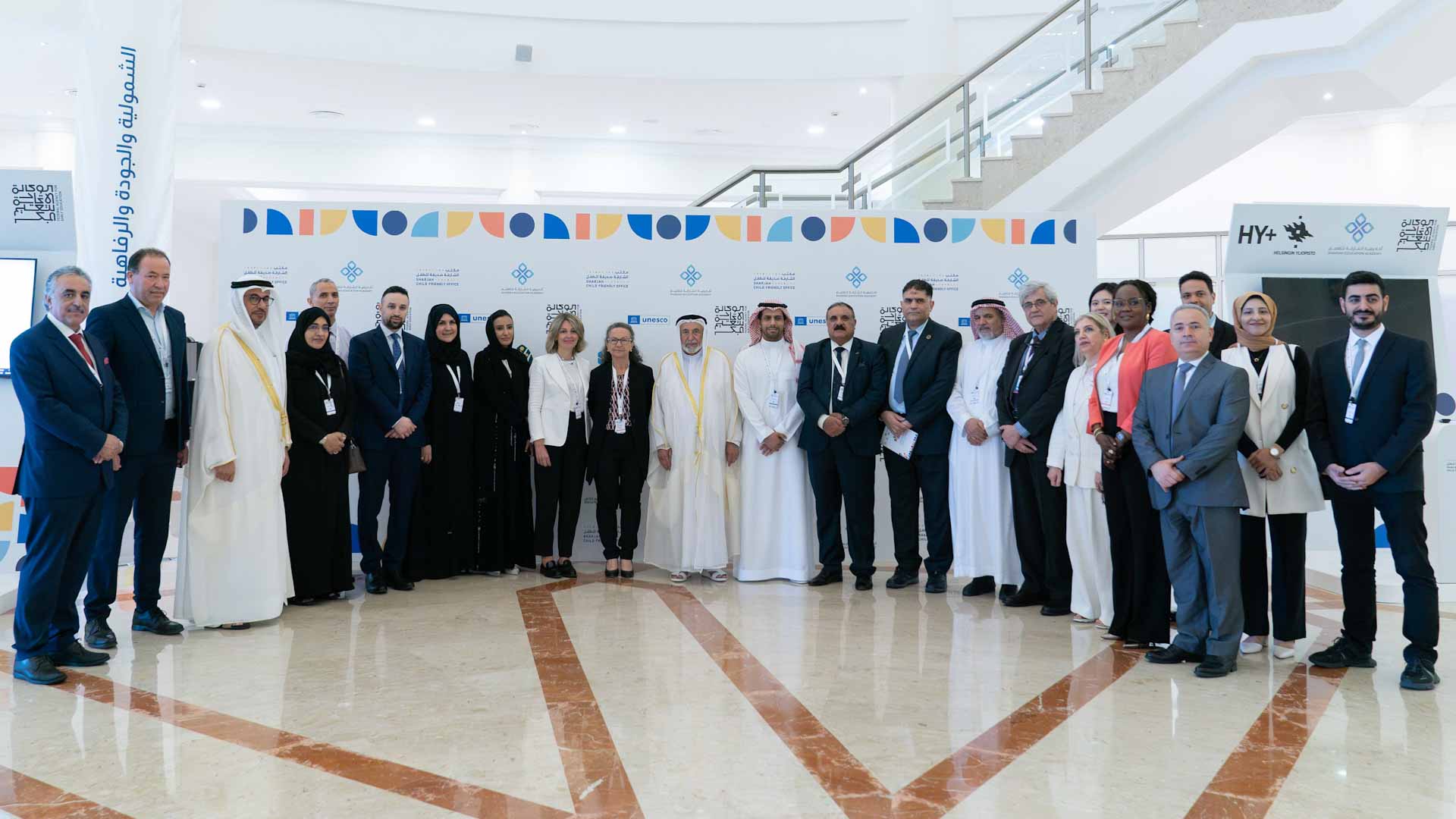
His Highness learnt about the important responsibilities these organisations play in assisting children and the projects they conduct. His Highness also kindly posed for pictures with members from the UNESCO Regional Office for Education in the Arab States.
The conference aims to assess the progress made in the Arab region towards achieving Sustainable Development Goal 4.2 and other sustainable development goals related to early childhood. It also seeks to exchange knowledge on key enabling factors, emerging research findings, best practises, and innovations in developing high-quality policies and programmes for early childhood care and education.
Furthermore, the conference aims to identify opportunities, set priorities, and develop strategies to achieve desired goals and increase investment in early childhood care from governments and their partners. It emphasises solidarity and enhances regional partnership for the cause of early childhood, while also examining Sharjah's experience in early childhood care and education.
The conference highlights four key areas to enhance early childhood care and education in the region. These include inclusiveness, quality, well-being, the workforce in early childhood care and education, carers, programme innovation, as well as policies, governance, and financing.
Also present at the event were Sara Awad Musallam, UAE Minister of Early Education; Dr. Khawla Abdul Rahman Al-Mulla, Chairperson of the Family Affairs Authority in Sharjah; Dr. Abdulaziz bin Butti Al Muhairi, Chairman of the Sharjah Health Authority; Mohammed Obaid Al Zaabi, Head of the Protocol and Hospitality Department; Dr. Muhadditha Al Hashimi, Chairperson of the Sharjah Private Education Authority; Costanza Farina, Director of the UNESCO Regional Bureau for Arab States; and a number of representatives of the educational sector in the country and children's centres.


